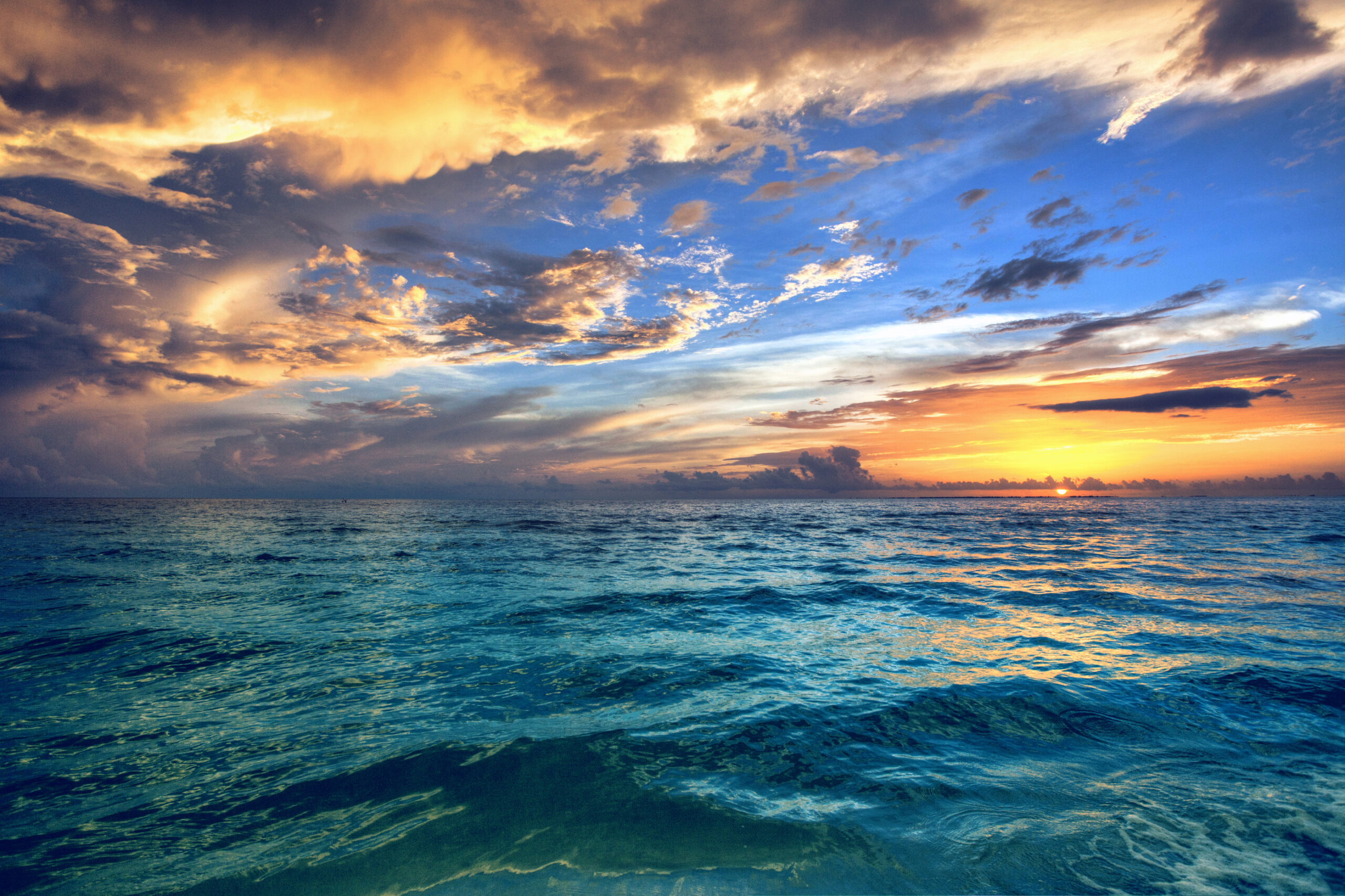In 2020, people spoke about it. It wasn’t just on the news and in the media, it was in the coffee shop and in the office and part of everyday conversation. Now, for too many, it’s just the new normal. And it’s no longer a topic of conversation that White people are chomping at the bit to have.
In my country of birth, police killings of unarmed people are at a seven-year high. A seven-year high – three years after the eruption of the Black Lives Matter movement!
And the spiritual momentum we as a society gained after the murder of George Floyd appears to be waning. Or turning into some sort of fatigue. But still: Black people are almost three times more likely than white people to be killed by police. And Black people are twelve times more likely to be on the receiving end of police misconduct. Twelve times!
In Canada and Quebec, the statistics are also grim and getting worse. Google the phrase “systemic racism in Canada” and you will find no lack of reading material. The examples go on and on.
In Quebec we are not wanting in headlines. “Report finds Black health-care and other workers underrepresented in Quebec.” “Judge in Quebec racial profiling case orders end to random traffic stops.” “Visible minorities underrepresented among Quebec public agency leaders.” “Anti-racism group says Montreal police withheld findings of racial profiling report.”
In NDG, all I have to do is look out my window onto Sherbrooke to notice how differently police in my neighbourhood – with some rare exceptions – treat Black people. But Premiere Legault continues to insist that he knows – and Black and Indigenous Quebecers don’t know – what constitutes systemic racism.
A sense of helplessness, stagnation, and inevitability is consuming our culture. Tears? Yes. For those of us who are not completely numb. If you have them, shed them. It’s healthy. Anger? Of course. But what to do?
What little that has been done is clearly turning out to be superficial and not getting at the root of the systemic problem. But what is the root of the problem? Is the system not working? Or is it in fact working exactly as it was designed to do, with the rich and powerful on top and the traditionally disposable class on the bottom?
“We tend to think of White supremacy as a shark that we need to catch and kill,” said the writer and poet Shanice Nicole at a recent conference. “We are in a boat, chasing it, and if we catch it we can do away with it. But White supremacy is not the shark. And we will never catch it. White supremacy is the ocean. It is all the fish who swim in the ocean. And it’s the boat. And it’s all of us on the boat. How do you kill, or get rid of, or change, the ocean?”
It’s the thing we’re all living in. Like the environment, it’s the thing itself. We are all a part of it.
I’ve been turning this metaphor of the ocean over in my mind as I observe the world we live in and think along with my Black friends about how to improve it. Or t least make a dent in it. Please understand: Black people are tired of White people asking them how to fix racism. If they knew how to make it magically go away, they would have waved that wand by now. It’s not up to Black people. White people created it. If we look honestly at the culture we live in, the question is not: how do we get rid of it? The question is: do we want to?
This question also applies to the church. How ready are we, how primed are we, really, for change?
Pat Dillion Moore–who gave an honest, loving, challenging sermon at the Black Heritage service in February–told me that she is encouraging more Black Anglicans to speak out about their experiences and feelings. Many in the diocese, including Bishop Mary and those in the Anti-Racism Task Force, have been doing likewise.
But we all know it’s hard to open up and confide deep things to people who are more mouth than ear. In order to encourage more racialized people to share stories, so that we may all more deeply connect, White people need to be eager to listen. With a passion. If you’re White, that means you, Christian soldier, and that means me. It means all of us. We are, after all, a family.
As my friend and co-chair Dion Lewis said in a recent conversation, “There is no they. It’s all just us. They ARE us.” This is equally true for clergy and laity. Together we are the body of Christ. And we are all a part of each other. So do not send to know for whom the bell tolls. It tolls for us. And right now that ringing bell need not be the dong of doom. It can be a call to action to make a more just and equitable world.
We have to keep looking inward. That’s part of the action; to do the necessary, soul-searching work and the proper form of navel gazing. But we need to look outward as well. And try to have an impact in the world. The mystic and the prophet must shake hands. Yet, finding that balance is never easy.
Speaking of not easy, White people need to confront and challenge other White people when they are speaking rubbish.
If I may offer an autobiographical snippet, I was recently removed from an online group that discusses film history – a subject near and dear to my heart – for calling out racism. (Yes, I know this is a White boy problem and no one has their knee on my neck.)
I enjoy old movies as works of art, but also as cultural artifacts and windows into history. The topic of race, or Black film history, or the treatment of non-White actors or anything to do with Black history in this group was – in appearance – subtly discouraged, but – in fact – strictly verboten. I kept challenging the taboo topic and asking why there was so much bullying and bad behaviour from White people over the issue of race and history -why were we told not to talk about it? But instead of dignifying my question, the admins quietly cut me out and excluded me.
It wasn’t the first time something like this has happened. And it won’t be the last.
I spoke to a friend who is an expert on film history, including Black film history, and he told me that racism is a real problem in the vintage film community. We agreed that there is a percentage of our culture for whom White fragility is too tepid a phrase. White terror, or narcissism, or even psychosis is more apt. What else is it when you are literally not allowed to talk about reality?
Along similar lines, I hear too many white people complain that comedy is dead because we can’t joke in the reckless way our fathers used to. They say people nowadays are too sensitive and need to lighten up. Well, after Cult 45, anti-Black voter suppression, a failed White nationalist coup attempt, and the war on historical truth, and on books, and on gun control, and the vilification of the word “woke” as the ultimate evil–what does anyone expect?
It’s not as if we can snap our fingers and go back to the vibe of the 70’s, a wistful thing to do for many White males of a certain age, when there was a general sense that our planet would live another million years and life and human rights had at least the potential to move in the right direction.
What good would an Archie Bunker character do now when such a sickening percentage of misguided folk have embraced actual fascism and while White nationalists threaten serious political violence at every turn? And how funny would it really be to have him sardonically opine on our society while children get slaughtered in schools?
Speaking as an erstwhile comedy professional, our moment in history isn’t a joking matter anymore. Maybe it never was. Maybe we were just naive. We still have to find reasons and ways to laugh. And I still enjoy All in the Family. But times have changed. To state the obvious.
This is just a small part of the ocean we face. But I am reminded of what Mother Theresa said about acts of kindness and compassion being like drops of water in the ocean. They are only drops. The ocean is made of every drop. And without that drop, it would be less.
What are the main things we need to remember and focus on going forward? What ought we to be working to do and praying for? It’s really all one question. Here’s what some folks said from the Task Force.
Rev. Christopher Belle: “What comes to mind is our need to acknowledge the pain caused in the past, as well as be aware of the lingering effects to this very day. Proof of systemic racism continues to be unearthed, even if people are starting to feel uncomfortable. People who, historically, have always unquestionably had a voice continue to shape society in a specific mold with biases unchecked or ignored.”
Dion Lewis: “The work of racial justice is a continual process. This needs to be embraced and incorporated consistently into every action that we undertake. We need to bring into balance all of our work so that we are encouraging the underrepresented, knowing that our current state is not comfortable for those who feel they are on the outside. Radical change will involve pain, but once we are more open, the power of the Divine will be easier for all to see, and will encourage many more to want to join.”
Rev. Deborah Meister: “Our antiracism work is about setting ourselves free, as individuals and as a church, from what limits our ability to love our neighbours and ourselves. While the work is sometimes uncomfortable, discomfort is part of growth, and growth in truth always leads us to Christ and his love. We need to remember that these issues are real. They are not consigned to the past. All around the world people continue to suffer from racist attitudes and violence, and some are being killed. We should work and pray so that we will not be part of the problem, and, as we can, we should pray for the courage, love, and tenacity to ensure that our neighbours have the kind of life we would want for ourselves.”
Rev. James Pratt: “No one has to solve the whole problem. But each person can do a little bit in their own context to bring awareness and to make small changes.”
What Rev. James said echoes Mother Theresa’s words about drops in the ocean. One drop at a time, people. Black lives matter. Every drop of change matters. Enough clear, sparkling drops can make a chemical change in the whole thing. The ocean, big and deep as it is, can be cleaned up and changed for the better.
-

Edward Yankie
Mr Edward Yankie is a member of Chirst Church Cathedral and co-chair of the Diocesan Anti-Racism Task Force.

